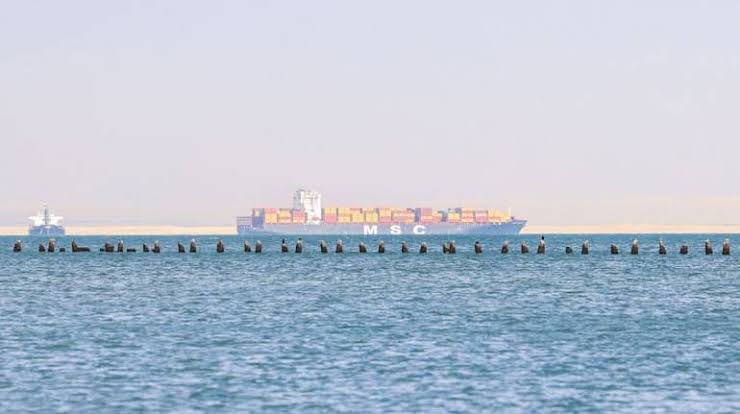India Faces Oil Import Challenges as Russian Shipments Take Longer Route

India is facing challenges in its oil imports as shipments from Russia are now taking a longer route to avoid attacks on commercial vessels in the Red Sea region. This change is expected to make Russian oil more expensive for India.
Due to attacks by Houthi rebels, cargo ships are now opting to travel via the Cape of Good Hope, located on the southern tip of Africa, instead of passing through the conflict-ridden Red Sea. This longer route is increasing shipping costs for Indian firms, as they have to wait at nearby ports for safe passage through the Suez Canal or take the longer journey around Africa.
In January, Russia supplied 1.2 million barrels per day of crude oil to India, down from 1.32 million barrels in December. Despite the decline, Russia remains India’s top oil supplier. However, with the longer route and increased shipping costs, the overall import process is becoming more expensive.
The longer journey via the Cape of Good Hope is approximately 30 percent longer than the Red Sea route. This means that not only is the journey time increased, but the freight costs per day are also rising. With global disruptions already affecting freight costs, the longer route adds to the financial burden.
India may need to rely more on traditional West Asian partners like Iraq for its crude oil needs if the situation persists. While Russia continues to be a significant supplier, concerns over delays and disruptions due to security risks in the Red Sea may prompt India to seek alternative sources.
The recent attacks on commercial vessels in the Red Sea have raised concerns about the safety of maritime trade routes. The strait is vital for global commerce, with a significant portion of India’s trade passing through it. As a result, India is closely monitoring the situation and exploring alternative options to ensure a stable supply of oil.
Overall, the change in shipping routes underscores the challenges India faces in securing its oil imports amidst geopolitical tensions and security risks in key maritime routes.


